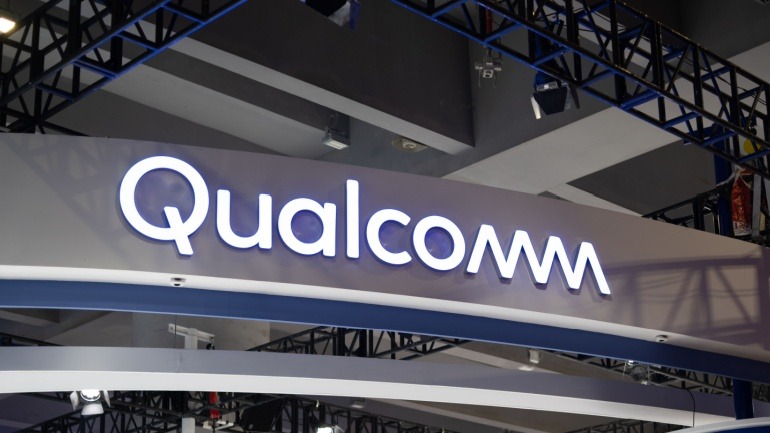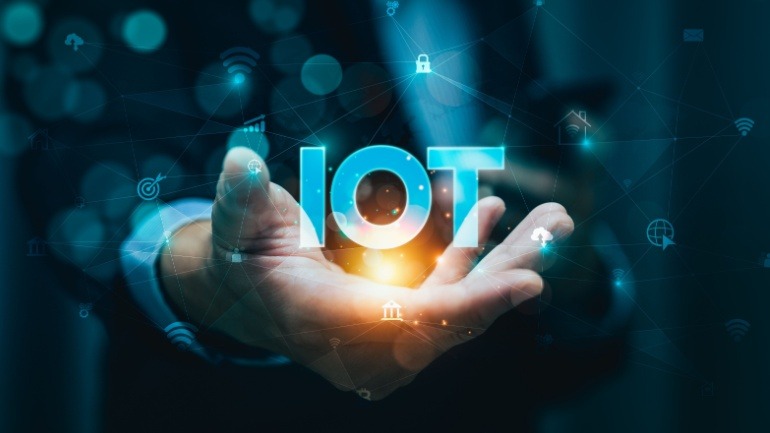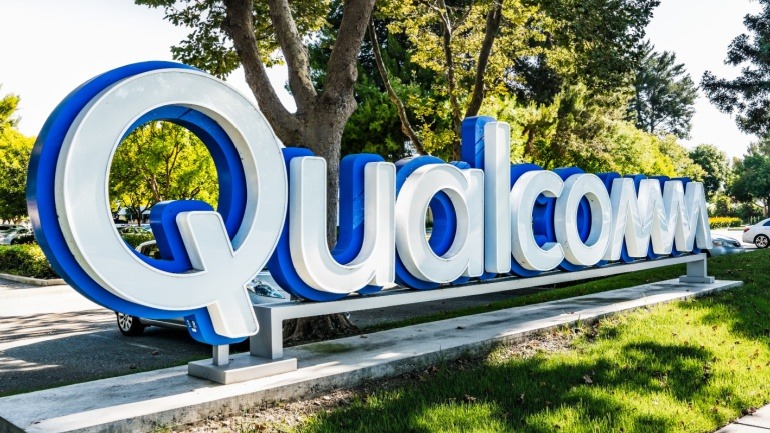Linxens and Dracula Technologies have partnered to develop battery free smart labels powered by light and radio waves. This sustainable innovation aims to reduce battery waste in the growing IoT sector, using energy harvesting and biodegradable materials to create eco friendly, energy autonomous devices.
Qualcomm’s Q2 results showcase strong growth across automotive, IoT, and AI, driven by CEO Cristiano Amon’s diversification strategy. With revenues up 17 percent year-on-year and major strides in on-device AI, the company is expanding well beyond smartphones while reinforcing its leadership.
Germany-based IoT MVNO, 1NCE, has secured $60 million to enhance its AI capabilities and strengthen its position in the U.S. IoT market. This marks $160 million in total investment, led by tech giants including Deutsche Telekom and SoftBank. The funds will accelerate the development of AI-driven SaaS solutions.
The Global Mobile Suppliers Association (GSA) is championing the development of 5G Reduced Capability, known as RedCap, by forming a focused group. This initiative is crucial for propelling 5G’s ecosystem forward, backed by industry giants like Ericsson, Huawei, Qualcomm, and MediaTek.
Vodafone has reached 200 million IoT connections, doubling its numbers from five years ago. This milestone includes innovations like connected heart monitors and smart technology used in various sectors, from healthcare to environmental monitoring.
Nokia has significantly enhanced its Industrial IoT offerings by introducing advanced apps and a comprehensive marketplace. With a focus on automation, safety, and sustainability, the MXIE edge system now supports innovative technologies for Industry 4.0. This development, alongside partner collaborations, strengthens enterprises seeking to integrate robust 4G/5G communication solutions.
Verizon Business is expanding its IoT reach through partnerships with Singtel and Skylo, enabling seamless global connectivity across 200+ countries. With Verizon’s ThingSpace platform and Global IoT Orchestration service, businesses can efficiently manage devices worldwide.
Qualcomm introduces Dragonwing, a new brand focused on enterprise and industrial IoT, networking, and infrastructure. Distinct from Snapdragon, Dragonwing leverages AI, Oryon CPUs, Adreno GPUs, and FastConnect for seamless connectivity.
Vodafone’s collaboration with Mobily significantly boosts IoT coverage in the Middle East. This strategic alliance enables Vodafone customers to access Mobily’s national IoT network via Vodafone Global SIMs, enhancing cross-border connectivity.
Qualcomm’s record Q1 2025 financial performance showcases substantial growth in its QCT business, with notable rises in handsets, automotive, and IoT sectors. This success also highlights Qualcomm’s strategic focus on edge AI technology, enhancing AI inference efficiency across Snapdragon-powered devices.













